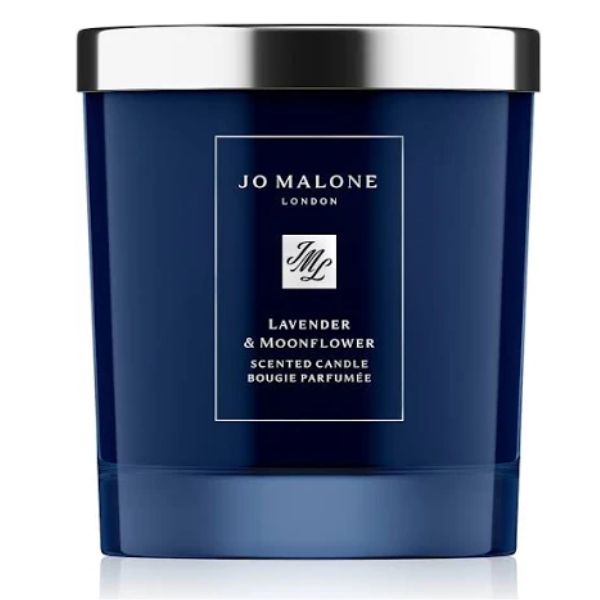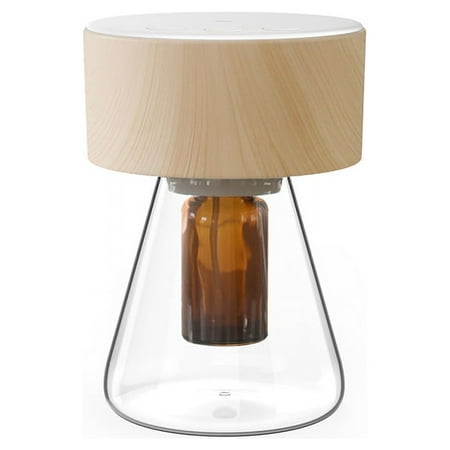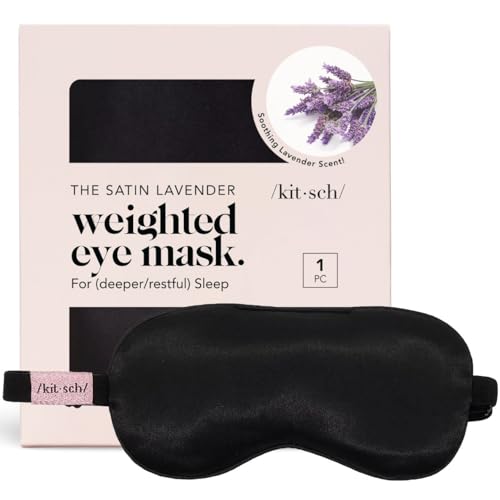Does Lavender Really Help You Sleep? Here's What the Experts Say
This flower may just be the key to improving your sleep — but this is what you need to know about it

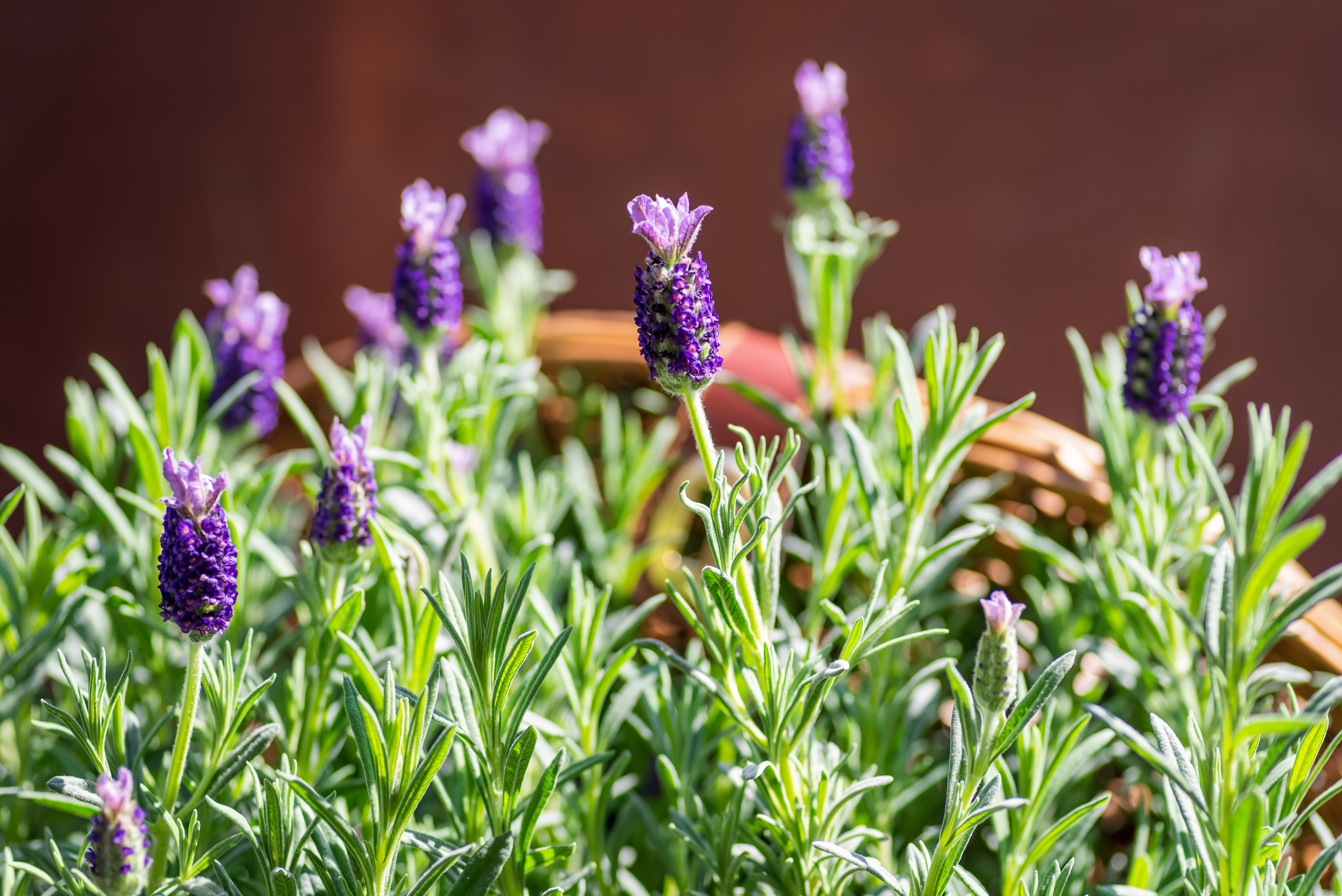
There are many different ideas out there to try for helping you get a better quality of sleep — but the idea that lavender is a super remedy for sleepless nights is something we've always been sceptical of. You'll find this herbal plant in all kinds of sleep aids, from sprays and scented candles.
Can lavender really help you sleep better? Is it true that the savior of your snooze might literally be growing in your garden (or could be if you get planting)? The answer is, probably, yes. A 2015 study found that with improved sleep hygiene and the use of essential lavender oil the quality of sleep of participants increased, compared to those not using the lavender as a sleep aid.
But, what's the best way to use it in your home? And are all lavender sleep aids created equal? We talked to sleep experts and lavender farmers to investigate whether lavender actually has an impact on a person’s sleep quality and, if it does, how you can incorporate it seamlessly into your sleep routine. Better nights may just be ahead.
How does lavender help you sleep better?
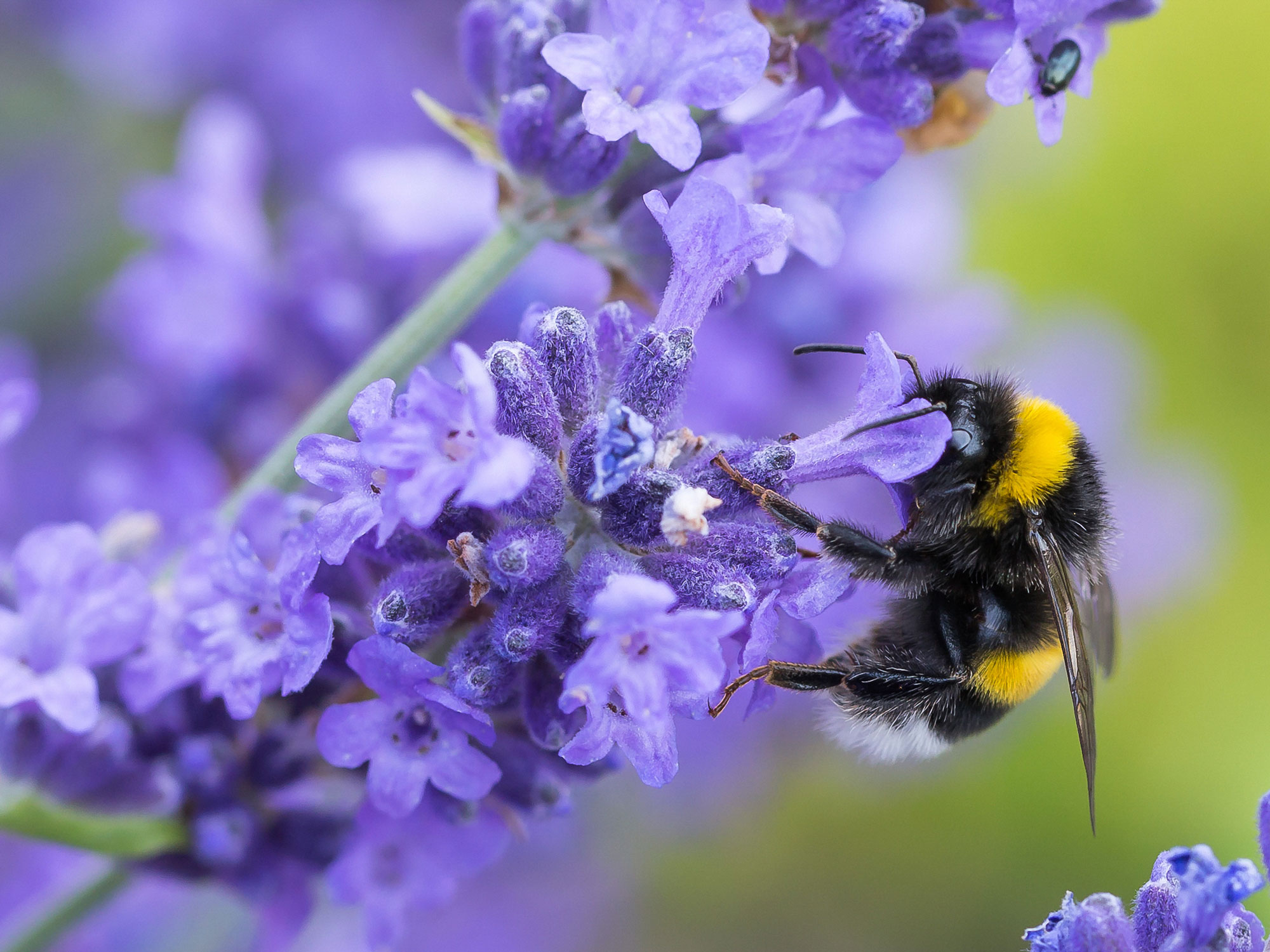
Beyond being the visually beautiful purple flower people know and love, ‘lavender is known for its relaxing and calming properties which can be beneficial in promoting good health,’ says Nichole Mondshein, a Lead Product Tester for Sleepopolis. ‘These benefits range from an improved night of sleep to reduced anxiety, a naturally lower heart rate and lower blood pressure.’
Each one of these potentially remedied struggles collectively contribute to helping a person fall asleep easier at night, as the likes of anxiety or a heightened heart rate can impact a person’s ability to allow their mind to switch off when in bed.
The key to harnessing this herbal superpower is all in the scent and composition of a lavender bud, namely the flower's inclusion of essential oils and a compound called 'linalool'. 'Linalool interacts with receptors in the brain and nervous system, promoting a sense of calm and reducing stress hormones,' says Jolene M, Tea Master and founder of Quite The Stir Tea and Spice Company. 'This can allow a person to fall asleep faster, experience deeper sleep, and wake up feeling more refreshed.' The mere scent of all different types of lavender is additionally said to bring along benefits, such as reduced stress levels.
It remains important to note that different things are effective for different people, so it isn’t a given that lavender is going to solve all of your sleep-related strife. But with lavender crops abundant at this time of year, it doesn’t hurt to give this plant a try.
The Livingetc newsletters are your inside source for what’s shaping interiors now - and what’s next. Discover trend forecasts, smart style ideas, and curated shopping inspiration that brings design to life. Subscribe today and stay ahead of the curve.
Is it safe to try lavender products at home?
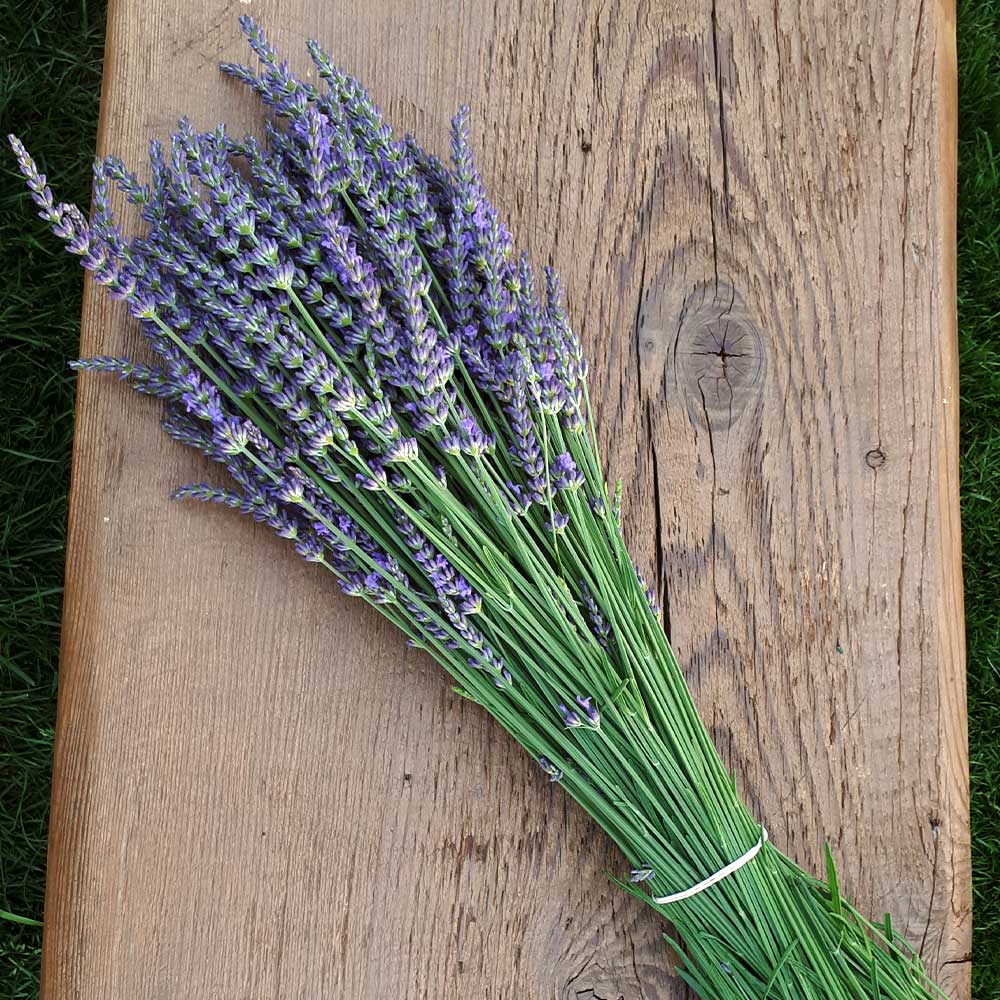
Since lavender is a natural herb, it is broadly considered a safe thing to aid sleep for a person to be around or consume so long as they haven’t got a specific intolerance or allergy. ‘Lavender is natural and considered safe,’ says Ryan Hopkins, Co-Founder at Lavender Creek Co. ‘It’s not likely to leave you feeling groggy, nor is it addictive like some medicines out there on the market to help sleep.’
Nichole adds: ‘Lavender offers a natural alternative to more conventional sleep remedies and lacks the side effects and dependency risks associated with some pharmaceutical sleep aids. It also provides a gentle, gradual way to relax and get better sleep, so you can use it regularly.’
If you’re hesitant to try out lavender consumables such as sleep supplements, we recommend consulting a doctor first, or perhaps starting off with a different type of lavender sleep aid that can sit in your home.
What forms of lavender sleep aids are out there for me?
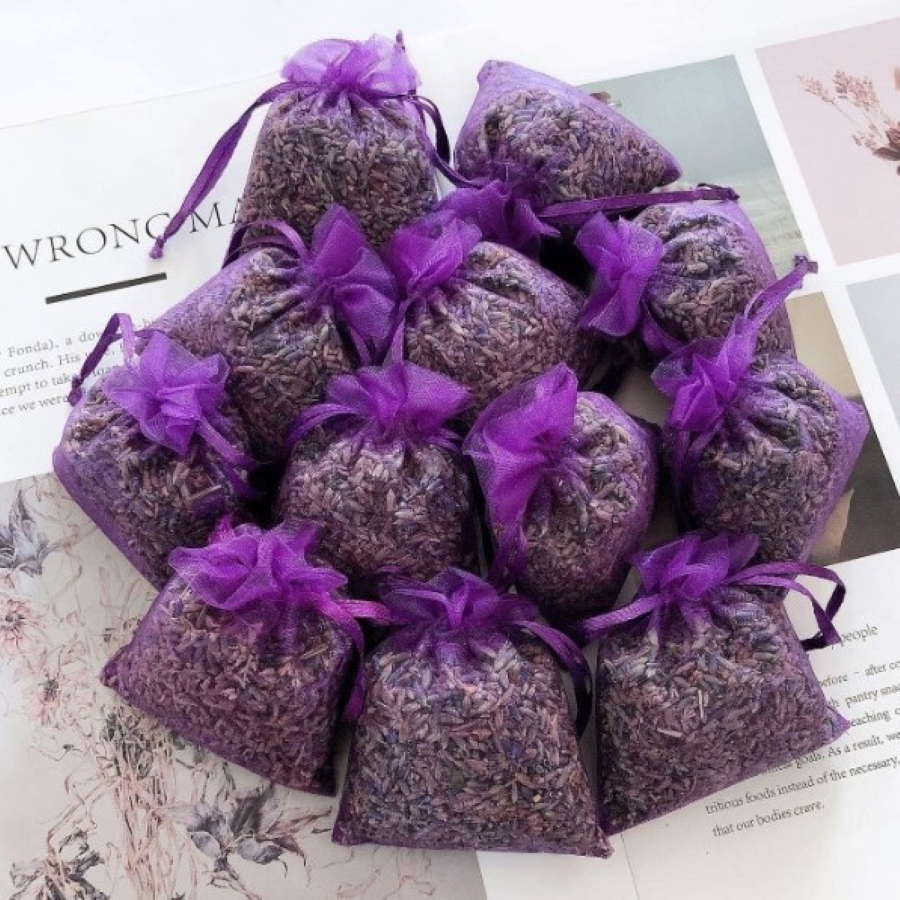
Aside from supplements and pills infused with lavender’s essential oils, there are a vast array of products out there allowing anyone to welcome lavender sleep therapy into their night routine, from candle scents for sleep to sprays for pillows.
‘Some ways to incorporate lavender into your home include using an essential oil diffuser to release lavender’s soothing scent, placing sachets filled with dried lavender near or under your pillow, or spraying bed linens with a bottle of lavender spray before going to sleep,’ says Julia Forbes, a Certified Sleep Science Coach at Sleep Advisor. ‘Adding lavender to your bedtime routine in these ways, too, can make your brain associate the scent with sleep, overtime making it easier for you to actually slip into a state of rest.’
If you’re seeking bonus relaxation and enjoy a warm bath before bed, there are plenty of lavender bath products out there too, from bath salts and scrubs to body butters and bubble baths. Add to this a lavender-scented candle sat on the side and consider yourself truly immersed in trying out the lavender-sleep experience.
‘Having your bedroom smell like lavender is incredibly relaxing but you can also make lavender teas or apply lavender-infused skincare products before sleep too,’ says Ryan.
Opting to plant lavender in containers of your own if you have a garden is another great option, and a way to simultaneously enjoy being out in the sun. Imagine pleasantly reading by the grass, the scent of lavender and the lingering aroma of summer barbecues making their way over the fence. If that isn’t tempting, then we don’t know what is!

Ciéra is a writer and regional laureate with particular passions for art, design, philosophy and poetry. As well as contributing to Livingetc, she's an Editorial Assistant for Design Anthology UK and a contributing writer for magazines including Homes & Gardens, Apartment Therapy, Ideal Home, House Beautiful, Gardening Know How, The Sun, and Fabulous. Previous commendations of hers include being Highly Commended by The Royal Society of Literature and receiving a prestigious MA Magazine Journalism scholarship to City, University of London.
